14 GPTs for Health Diagnosis Powered by AI for Free of 2026
AI GPTs for Health Diagnosis are advanced computational tools that utilize Generative Pre-trained Transformers to offer innovative solutions in the healthcare domain, particularly in diagnostics. These AI models are adept at understanding and processing natural language, enabling them to analyze health-related data, interpret medical literature, and provide diagnostic suggestions. Their relevance lies in the ability to augment human expertise in medical diagnostics, offering a blend of speed, accuracy, and accessibility that can significantly enhance patient care and health outcomes.
Top 10 GPTs for Health Diagnosis are: サードアイ操作マニュアル,Medical assistant AI PreDoc _ before see a doctor,Dr. House,AI Ger Dig Gröna Fingrar Plus,Planty,Botanica GPT,Plant Whisperer,Dahiliye Uzmanı,"Who Family Doctor",Check My Chicken
サードアイ操作マニュアル
Harness AI for Precision Health Diagnostics
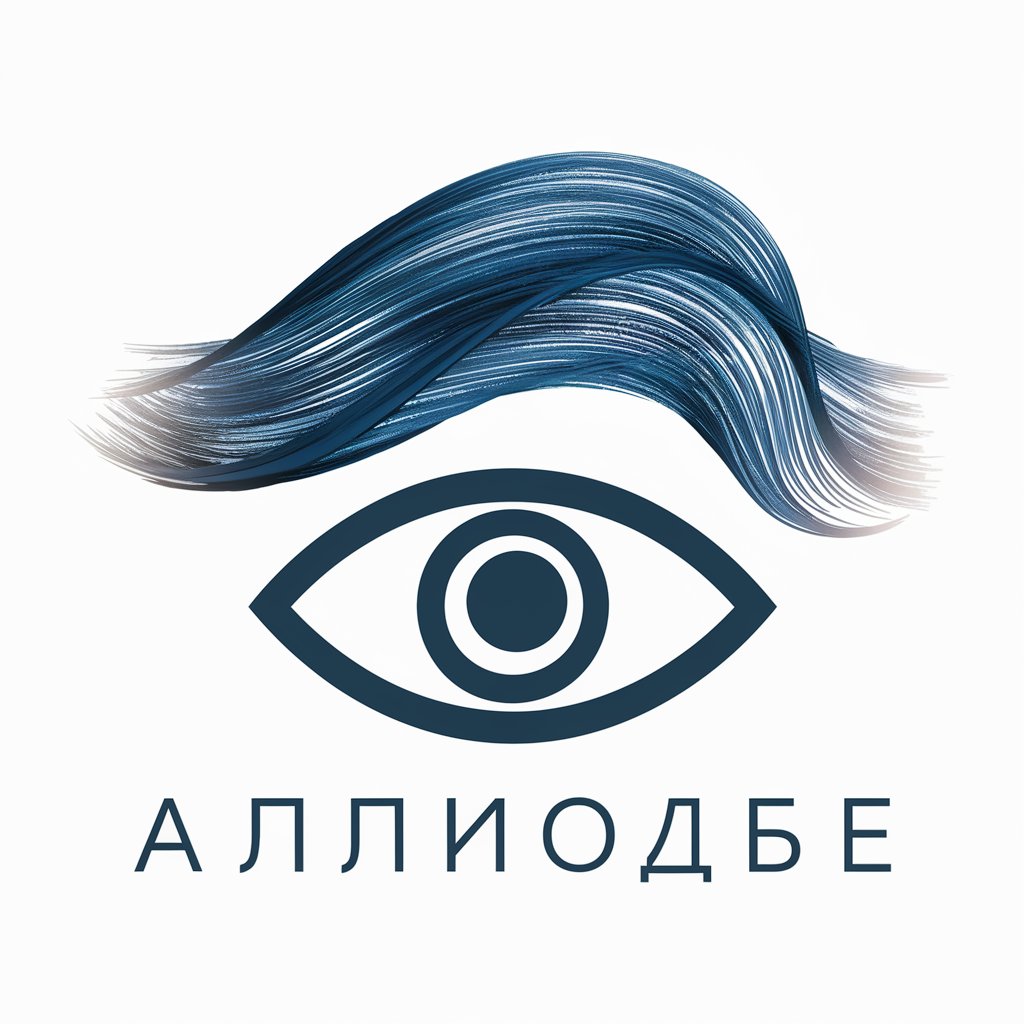
Medical assistant AI PreDoc _ before see a doctor
AI-Powered Pre-diagnosis for Medical Guidance.
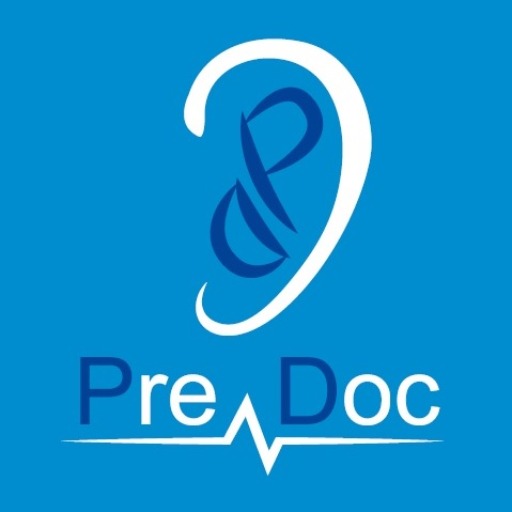
Dr. House
Empowering Your Health Decisions with AI
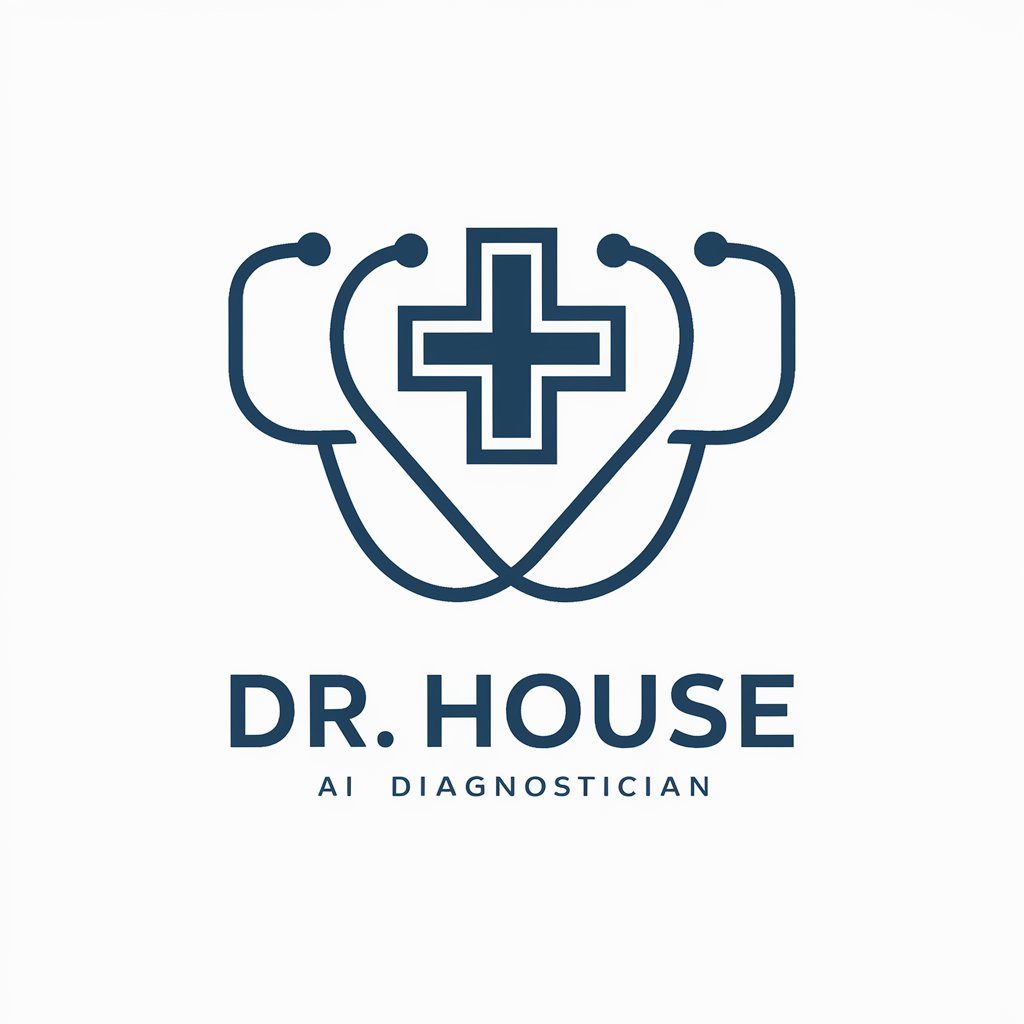
AI Ger Dig Gröna Fingrar Plus
Nurture Your Greens with AI Precision
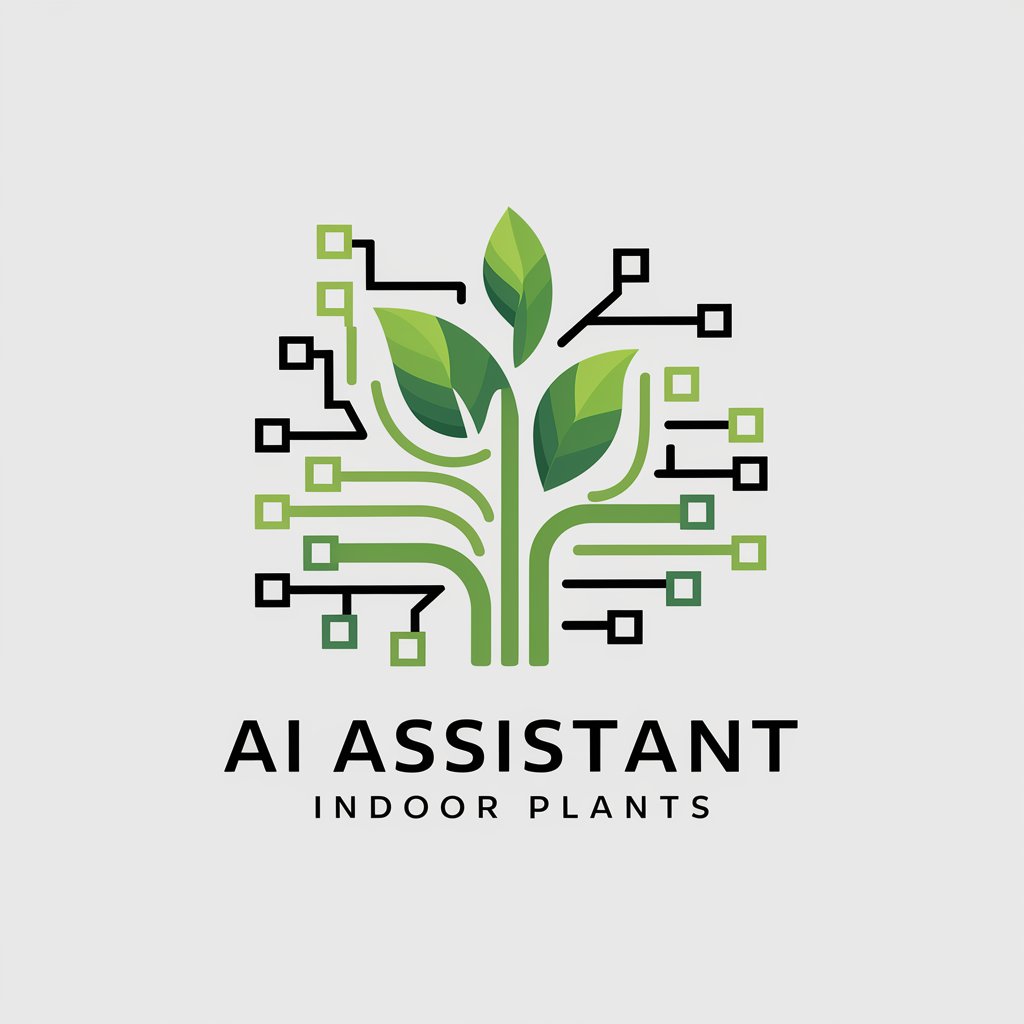
Planty
Your AI-powered guide to thriving houseplants

Botanica GPT
Empowering green thumbs with AI.

Plant Whisperer
Nurture Nature with AI
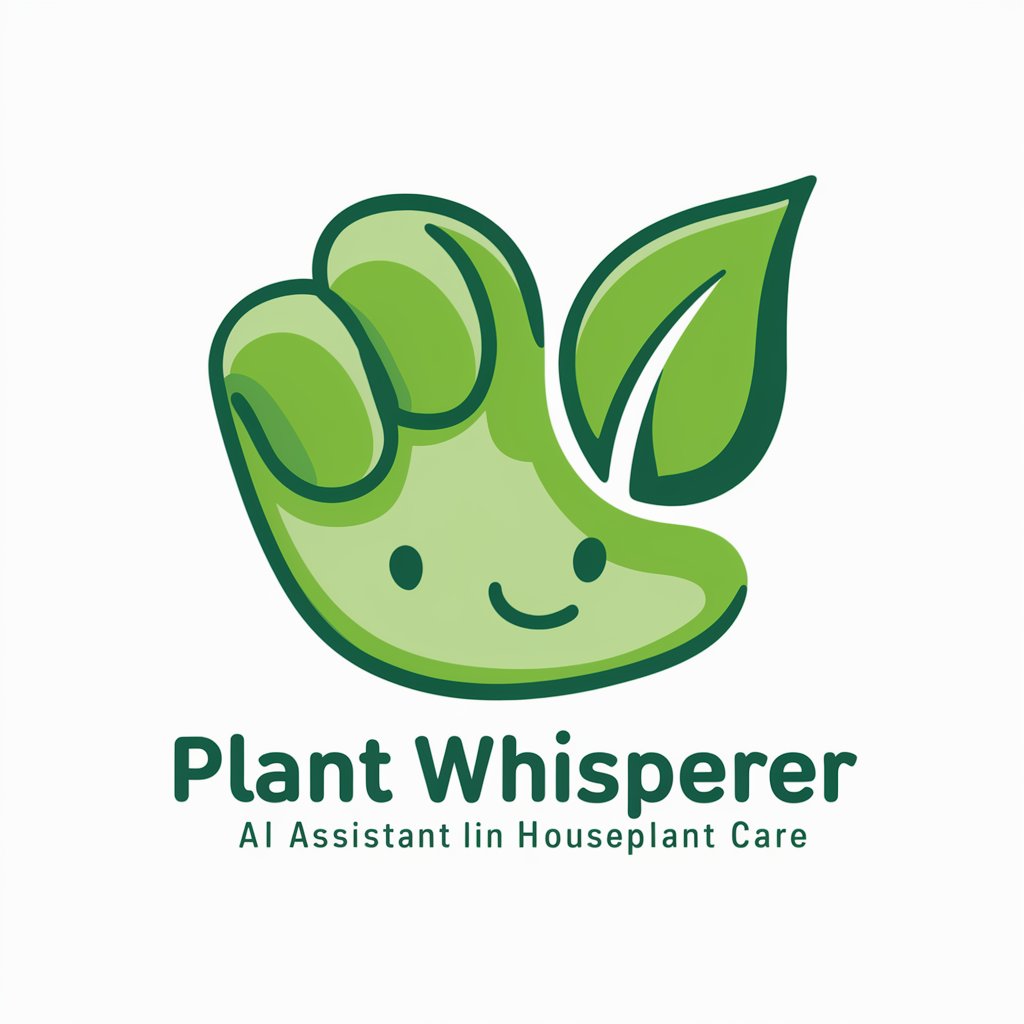
Dahiliye Uzmanı
Your virtual internal medicine specialist.
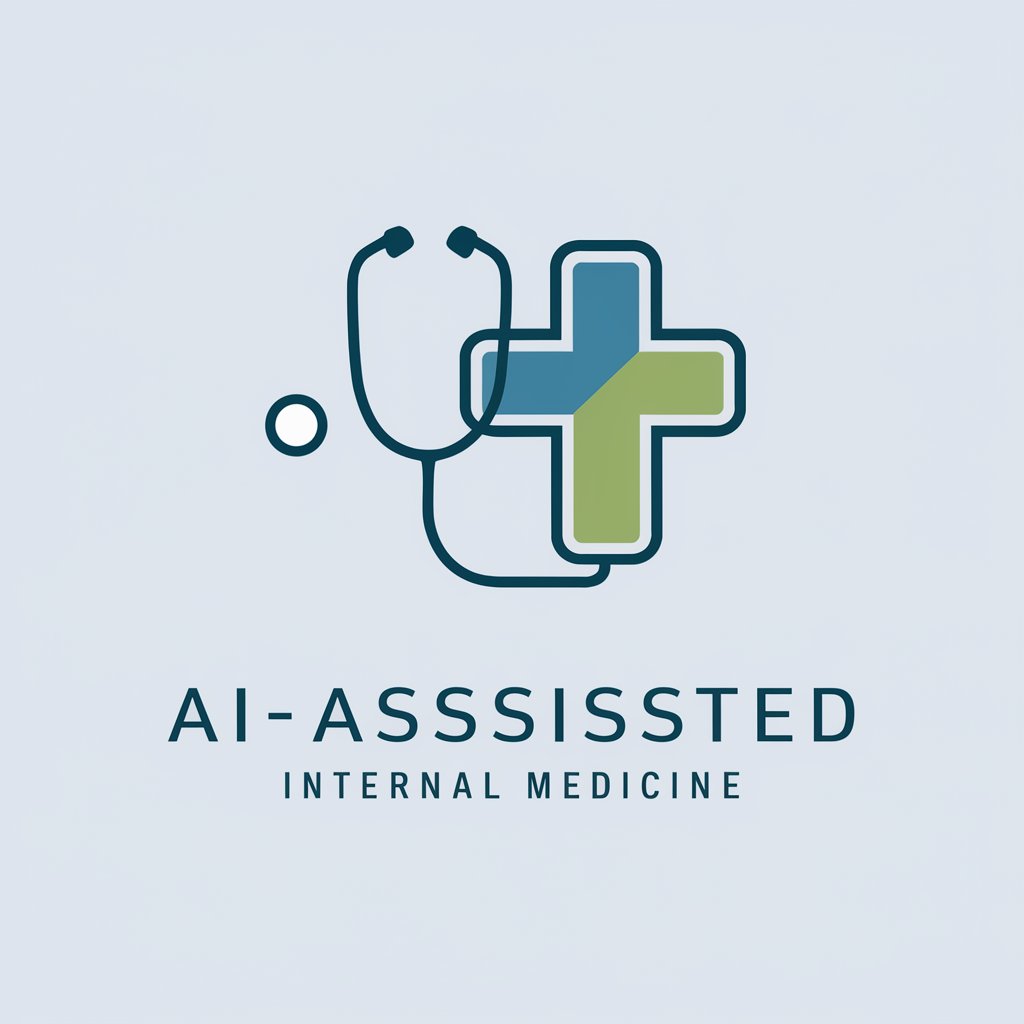
"Who Family Doctor"
Empowering Your Health with AI
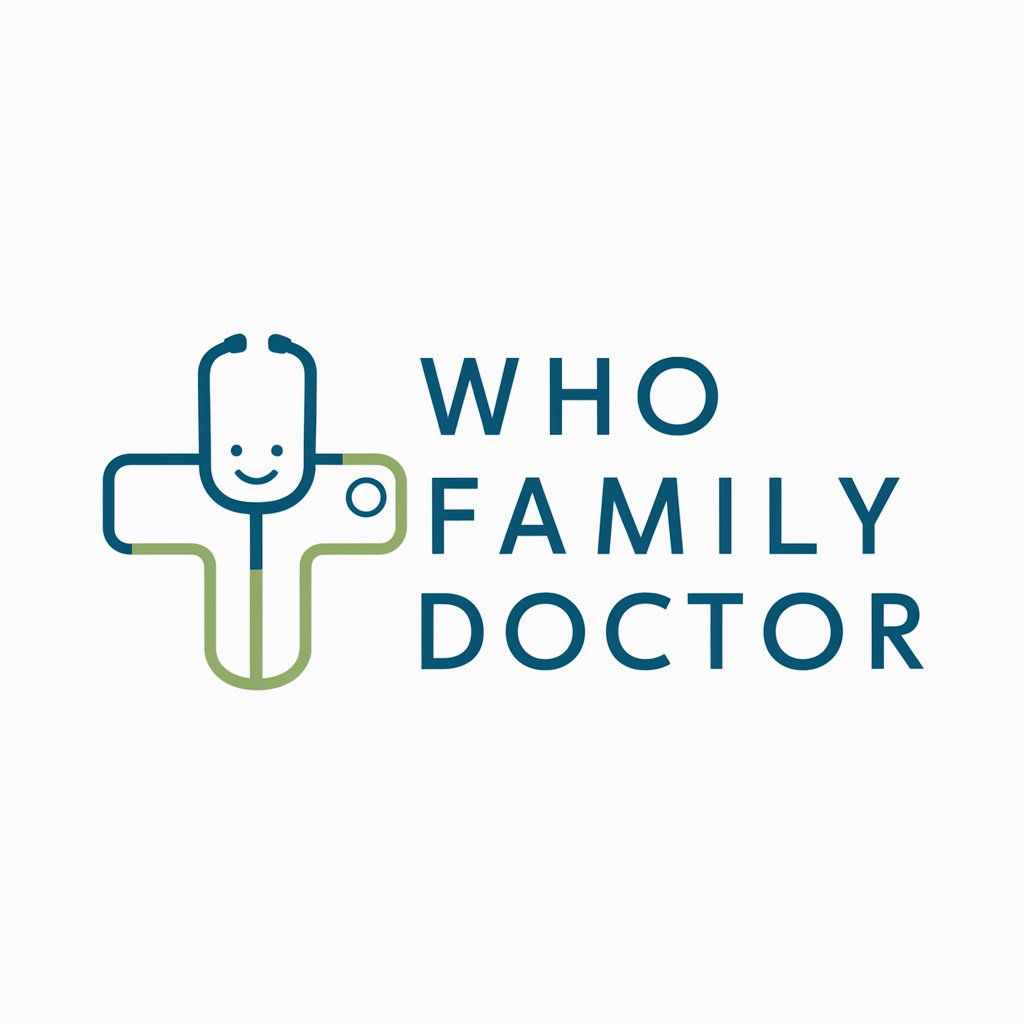
Check My Chicken
Empowering poultry care with AI insights
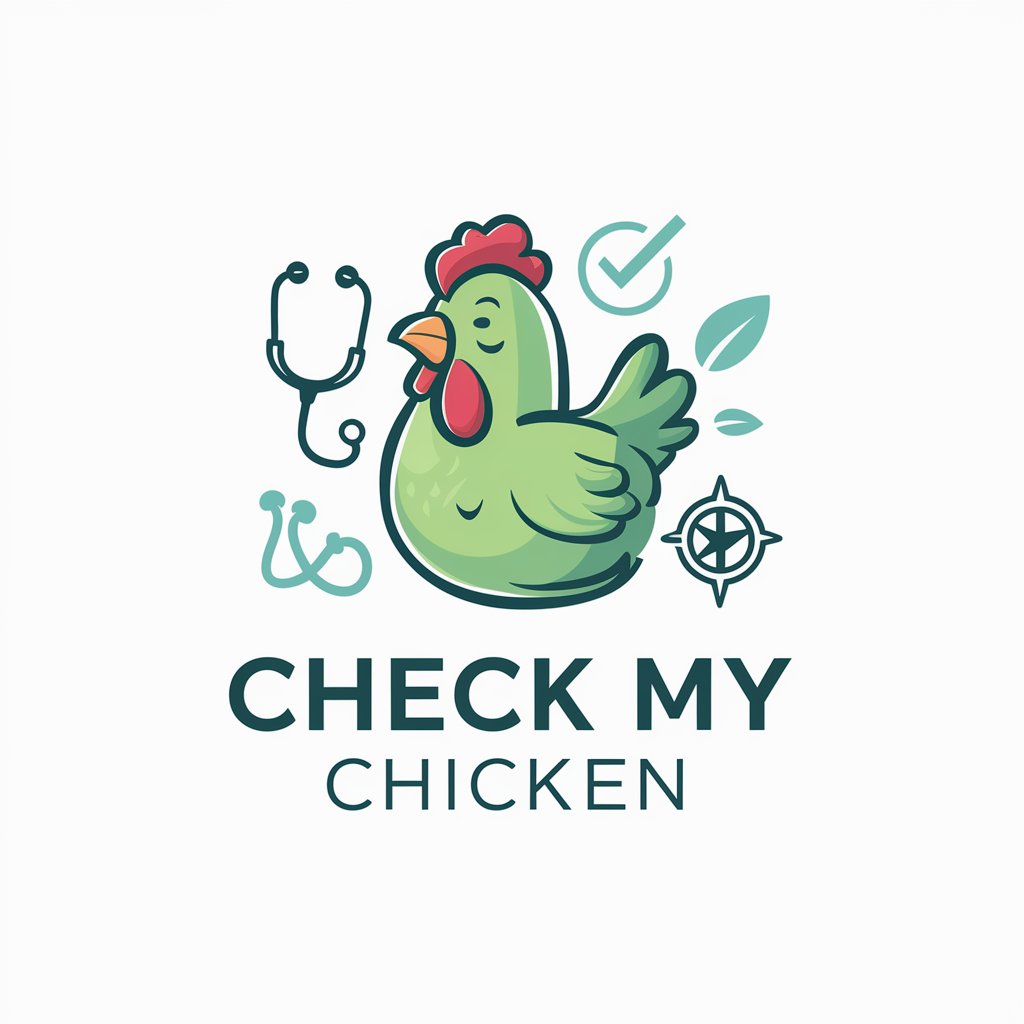
Indoor Plants Advisor
Nurture your green thumb with AI-powered plant care.

华佗
Empowering Health Decisions with AI
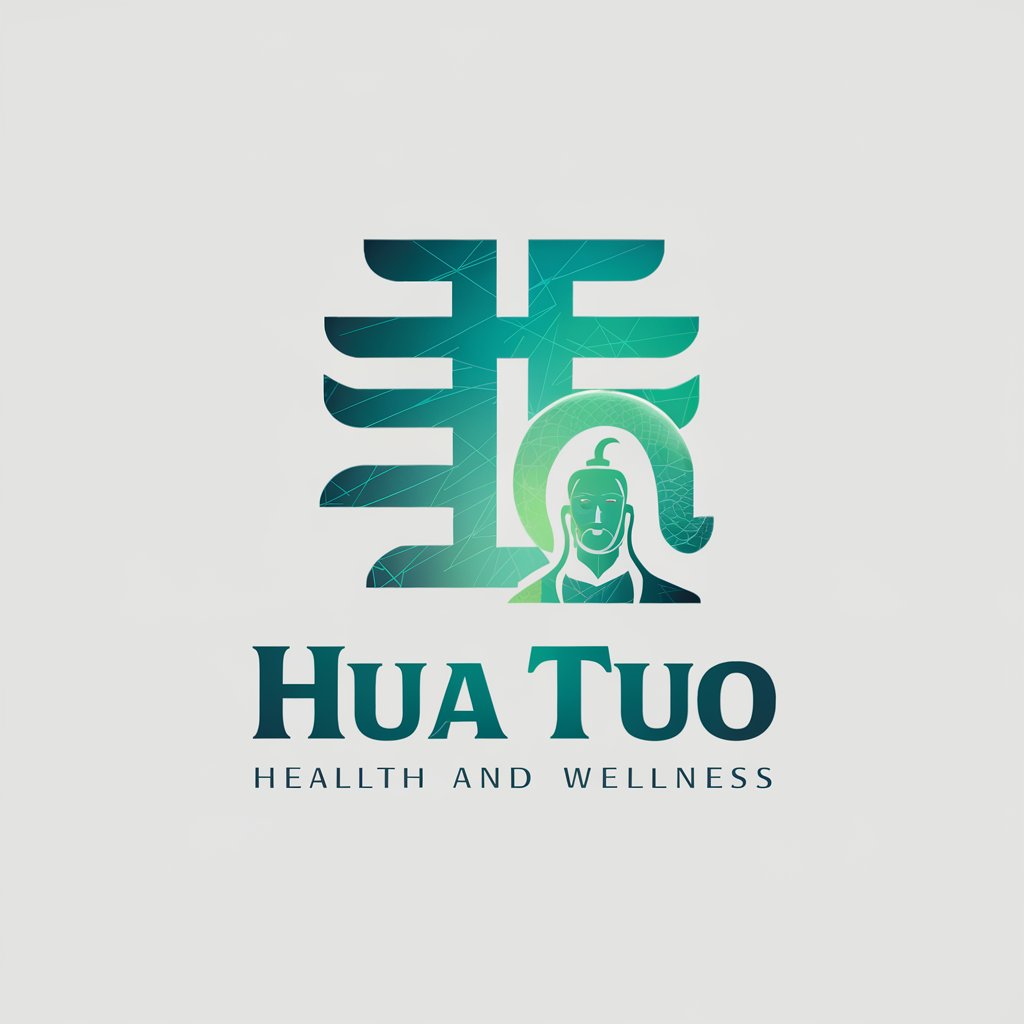
Healing Aid
AI-Powered Health Insights
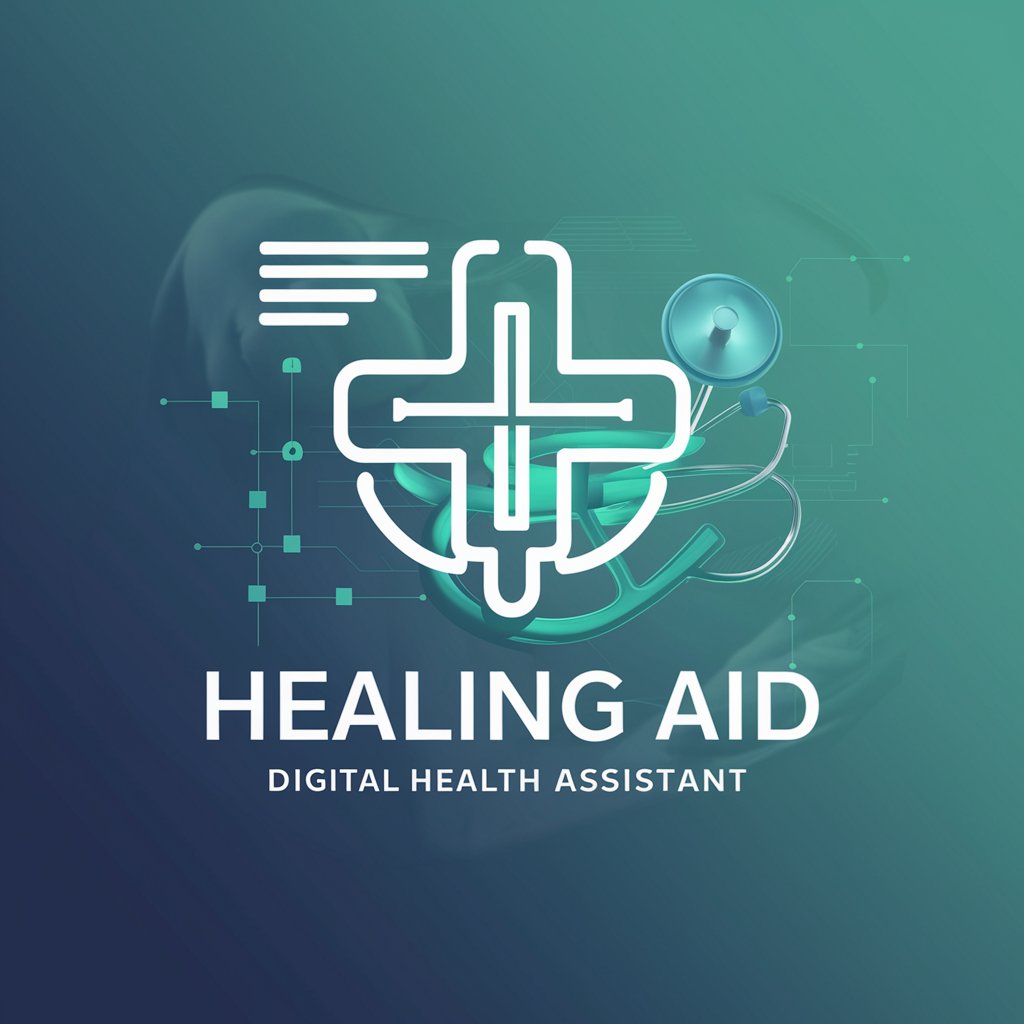
Urban Jungle Guide
Cultivate with AI-powered Greenery Guidance

Key Attributes and Capabilities
The core features of AI GPTs in Health Diagnosis include their adaptability to various medical contexts, from symptom checking to interpreting complex diagnostic reports. These tools leverage natural language processing to understand and generate human-like responses to medical queries. Special features include the ability to learn from vast amounts of medical literature, support for technical queries, web searching for the latest health research, image analysis for diagnostic purposes, and sophisticated data analysis techniques for predicting health outcomes.
Who Benefits from Health Diagnosis AI
AI GPTs for Health Diagnosis cater to a wide audience, including medical professionals seeking to augment their diagnostic processes, researchers in need of analyzing vast datasets, and patients looking for preliminary health advice. They are accessible to novices without coding skills through user-friendly interfaces, while also offering extensive customization options for developers and IT professionals in the healthcare sector.
Try Our other AI GPTs tools for Free
Operational Training
Discover how AI GPTs transform Operational Training with adaptive learning, real-time feedback, and tailored solutions to drive efficiency and skill development.
Bid Analysis
Revolutionize your bid analysis process with AI GPTs. Streamline decision-making, reduce errors, and gain predictive insights with our advanced, user-friendly tools designed for professionals across industries.
Cartel Detection
Explore AI GPT tools for Cartel Detection: advanced AI solutions for uncovering cartel activities through data analysis, designed for both novices and professionals.
Budget-Friendly Meals
Discover how AI GPTs can transform your meal planning with budget-friendly, customized solutions. Explore tools that adapt to dietary needs and preferences while optimizing your food budget.
Cooking Humor
Dive into the world of Cooking Humor with AI GPTs, where culinary wit meets cutting-edge technology. Discover how these tools can spice up your cooking content with a dash of humor.
Culinary Tips
Discover how AI GPTs for Culinary Tips can transform your cooking experience with personalized recipes, dietary advice, and innovative culinary techniques.
Further Considerations for Customized Solutions
AI GPTs in Health Diagnosis offer potential for customized healthcare solutions across various sectors. With user-friendly interfaces, they can easily be incorporated into clinical workflows, providing a seamless augmentation to traditional diagnostic methods. Their adaptability and the continuous learning model pave the way for increasingly sophisticated applications in personalized medicine and global health initiatives.
Frequently Asked Questions
What exactly are AI GPTs for Health Diagnosis?
AI GPTs for Health Diagnosis are artificial intelligence tools designed to assist in the interpretation and diagnosis of health conditions using natural language processing and machine learning.
How can these tools improve healthcare?
They enhance diagnostic accuracy, reduce time to diagnosis, and make healthcare more accessible through the automation of data analysis and the provision of insights based on large volumes of medical literature.
Are these tools a substitute for medical professionals?
No, they are designed to support and augment the capabilities of medical professionals, not to replace them.
Can non-professionals use these tools for self-diagnosis?
While they can provide preliminary insights, they should not replace professional medical advice. Non-professionals are advised to consult healthcare providers for accurate diagnoses.
How do these AI tools stay updated with the latest medical research?
They continuously learn from new data, including the latest medical journals, research papers, and clinical studies, to stay current with advancements in healthcare.
Can these tools be integrated into existing healthcare systems?
Yes, they are designed with flexibility in mind, allowing for integration into existing healthcare IT systems to enhance diagnostic processes and patient care.
Are there any privacy concerns with using AI in health diagnosis?
Privacy and data protection are paramount. These tools are developed with strict adherence to healthcare privacy laws and regulations to ensure patient data is securely handled.
What future developments can we expect in AI GPTs for Health Diagnosis?
Future developments include enhanced accuracy in diagnostic suggestions, broader language support, and more personalized healthcare insights through the integration of genetic and lifestyle data.